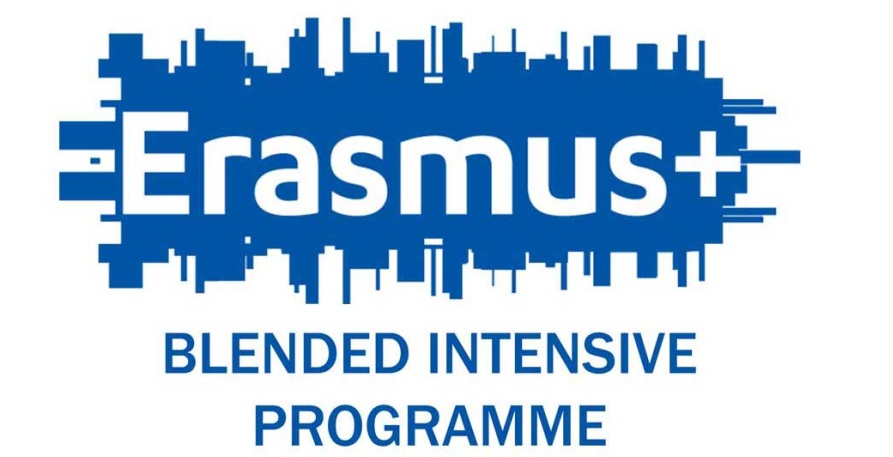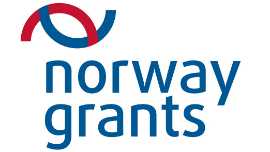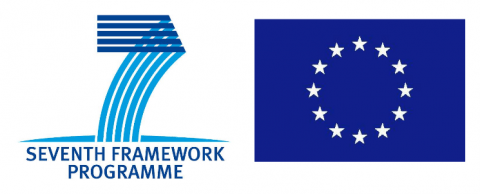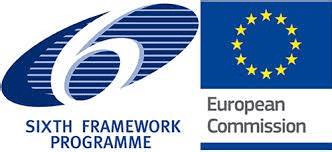Over the past years, I’ve had the privilege to be involved in a range of interdisciplinary research projects across Europe and beyond, aiming to bridge technology with society. Below is a selection of externally funded projects I’ve contributed to.

Center of Excellence: Jean Monnet AI-2-TRACE-CRIME
[cordis][webpage] | Total cost: EUR 100.000,00 – Erasmus+
Abstract: The Centre will promote synergies between European studies and research in AI, involving high-level researchers from all three participating NUP departments. Redesigned courses on AI, cybersecurity, European law and criminal law will be introduced. An asynchronous MOOC will be developed in the Centre’s research areas to promote Open Education. A specific training program for legal and IT professionals will be organized. In addition, the Centre will produce academic articles, policy papers, and a comprehensive Research Handbook, contributing to the academic debate on AI in crime prevention.

Artificial Intelligence in Medicine – Transforming Healthcare Through Technology (AIMTech)
[cordis][webpage] | Erasmus+
Abstract: AIMTech is a multidisciplinary Blended Intensive Program (BIP) designed to equip students with the knowledge and skills necessary to leverage Artificial Intelligence (AI) in healthcare, a topic not covered in any of the HEIs curricula. AI is transforming diagnostics, clinical decision support, patient monitoring, and precision medicine, making it essential for healthcare professionals to understand and apply AI-driven solutions responsibly.

AHUMAIN – Applied Human Machine Intelligence in East Africa
[cordis][webpage] | Total cost: EUR 798.939 – ERASMUS-EDU-2022-CBHE+
Abstract: The aim of the HUMAIN project is to connect diverse specializations together in one consistent curriculum…

CheckMate: Empowering Europeans Towards a Media-Savvy Citizenry
[cordis][webpage] | Total cost: EUR 250.000,00 – Erasmus+
Abstract: The project’s objectives are to combat misinformation during crises, enhance media literacy through innovative training, and promote the use of advanced technologies. The project will develop e-training courses, policy recommendations and organize digital sessions.

SmL: Sharing my Learning (Platform-Network-Toolkit)
[cordis] [webpage] | Total cost: EUR 299.968,00 – Erasmus+
Abstract: The SmL project aims to change how education is delivered online by enabling peer-to-peer networks where students contribute micro-learning units and learning content, shifting the paradigm to student-centered adaptive support.

YOUTHShare: A Place for Youth in Mediterranean EEA
[cordis] [webpage] | Total cost: EUR 1.807.258 – EEA and Norway Grants Fund
Abstract: YOUTHShare aims to reduce youth unemployment by developing skills in resilient sectors like agri-food production, promoting social entrepreneurship, and enabling trans-local networks in coastal and island regions.

IN4COHESION: Information and Awareness for Cohesion Policy via Media
[cordis][webpage] | Total cost: EUR 216.261 – ERDF, Cohesion Fund, ESF
Abstract: The project seeks to increase understanding of EU cohesion policy among citizens, especially youth and SMEs, fostering civic engagement and informed opinion on EU regional development initiatives.

EPIRROI
[cordis] [webpage] | Total cost: EUR 725.910 – Interreg Greece – Cyprus
Abstract: EPIRROI aims to establish a Water Network Monitoring System using sensor measurements and augmented reality to detect and repair leakages efficiently, supporting informed policy-making and infrastructure management.

RAWFIE: Road-, Air- and Water-based Future Internet Experimentation
[cordis] [webpage] | Total cost: EUR 6.995.733 – H2020 call: FIRE+ initiative
Abstract: RAWFIE provides a unified experimentation platform for IoT devices integrating testbeds of unmanned vehicles across land, air, and sea, enabling advanced research in networking, sensing and navigation.

NOPTILUS: Autonomous, Self-Learning, Optimal and Complete Underwater Systems
[cordis] [webpage] | Total cost: EUR 5.000.482 – FP7-ICT
Abstract: NOPTILUS aims to develop a fully autonomous multi-AUV system for complex underwater operations, integrating cognitive-based communications, motion control, and 24/7 operational capacity at Port of Leixões.

Local4Global: System-of-Systems That Act Locally for Optimizing Globally
[cordis] [webpage] | Total cost: EUR 3.197.058 – FP7-ICT
Abstract: The project transfers natural systems logic into technical systems, optimizing performance through local interactions without extensive infrastructure, aiming for more adaptive and cost-effective control methods.

INERTIA: Integrating Active, Flexible and Responsive Tertiary Prosumers into a Smart Distribution Grid
[cordis] [webpage] | Total cost: EUR 5.340.355 – FP7-ICT
Abstract: INERTIA introduces IoT principles into distribution grid control, forming self-organizing DER clusters to enable real-time, semantically-enhanced demand-side management strategies across the smart grid.

sFLY: Swarm of Micro Flying Robots
[cordis] [webpage] | Total cost: EUR 3.358.251 – FP7-ICT
Abstract: sFLY develops autonomous micro helicopters for search and rescue, surveillance, and mapping, with vision-based navigation and obstacle avoidance in GPS-denied environments. NASA cited sFLY’s progress as ahead of their own.

AGILE: Rapidly-Deployable, Self-Tuning, Self-Reconfigurable Control for Large-Scale Nonlinear Systems
[cordis] [webpage] | Total cost: EUR 1.852.683 – FP7-ICT
Abstract: AGILE proposes scalable methods for proactive, self-tunable control systems, enabling faster, safer, and optimal management of complex infrastructures under changing operational conditions.

FAST: Advanced Signal-Processing for Ultra-Fast Magnetic Resonance and Training
[cordis] [webpage] | Total cost: EUR 2.554.657 – FP6-MOBILITY
Abstract: FAST advances Magnetic Resonance Spectroscopic Imaging (MRSI) as a non-invasive clinical tool with web-collaborative training, involving interdisciplinary expertise from physics, informatics, and biomedicine.